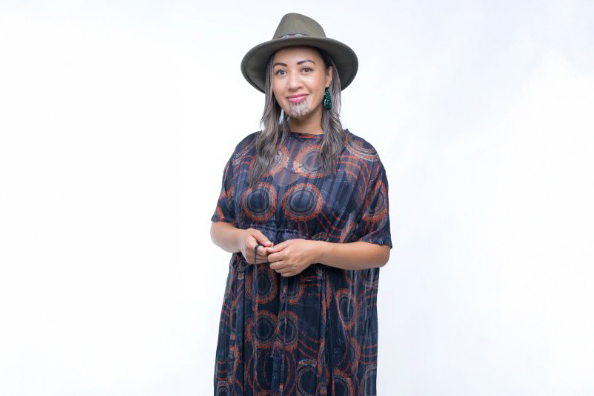Part of the Reform of Vocational Education (RoVE) will require the Arranging Training functions of Transition Industry Training Organisations (TITOs) to shift to a provider such as Te Pūkenga, a wānanga or a PTE.
Competenz were the first of four early moving TITOs to move the majority of their arranging training functions across to Te Pūkenga this year, soon to be followed by Connexis, BCITO and MITO.
Through its Memorandum of Understanding with Te Pūkenga, Te Wānanga o Aotearoa will remain in touch with each of the TITOs to determine how we each contribute to a unified vocational system that meets the needs of all learners, employers and stakeholders.
You can read the Competenz Transition Plan here.




































